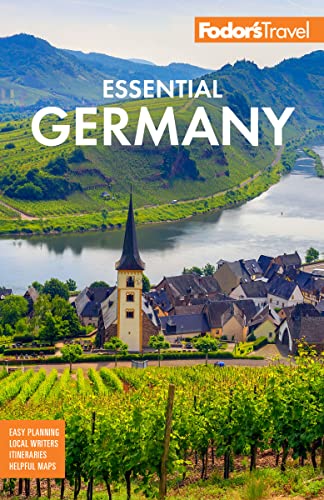In addition to having a great Romanesque cathedral, Worms is a center of the wine trade, as well as one of the most storied cities in Germany, with a history going back some 6,000 years. Settled by the Romans, Worms (pronounced vawrms) later became one of the imperial cities of the Holy Roman Empire. More than 100 Imperial diets (assemblies) were held here, including the 1521 meeting where Martin Luther pleaded his cause.
Worms developed into an important garrison town under the Romans, but it's better known for its greatest legend, the Nibelungenlied, derived from the short-lived kingdom established by Gunther and his Burgundian tribe in the early 5th century. The complex and sprawling story was given its final shape in the 12th century and tells of love, betrayal, greed, war, and death. It ends when Attila the Hun defeats the Nibelungen (Burgundians), who find their court destroyed, their treasure lost, and their heroes dead. One of the most famous incidents tells how Hagen, treacherous and scheming, hurls the court riches into the Rhine. Near the Nibelungen Bridge there's a bronze statue of him caught in the act. The Nibelungenlied may be legend, but the story is based on fact. A Queen Brunhilda, for example, is said to have lived here. It's also known that a Burgundian tribe was defeated in 436 by Attila the Hun in what is present-day Hungary.
Not until Charlemagne resettled Worms almost 400 years later, making it one of the major cities of his empire, did the city prosper again. Worms was more than an administrative and commercial center—it was a great ecclesiastical city as well. The first expression of this religious importance was the original cathedral, consecrated in 1018. Between 1130 and 1181 it was rebuilt in three phases into the church you see today.






